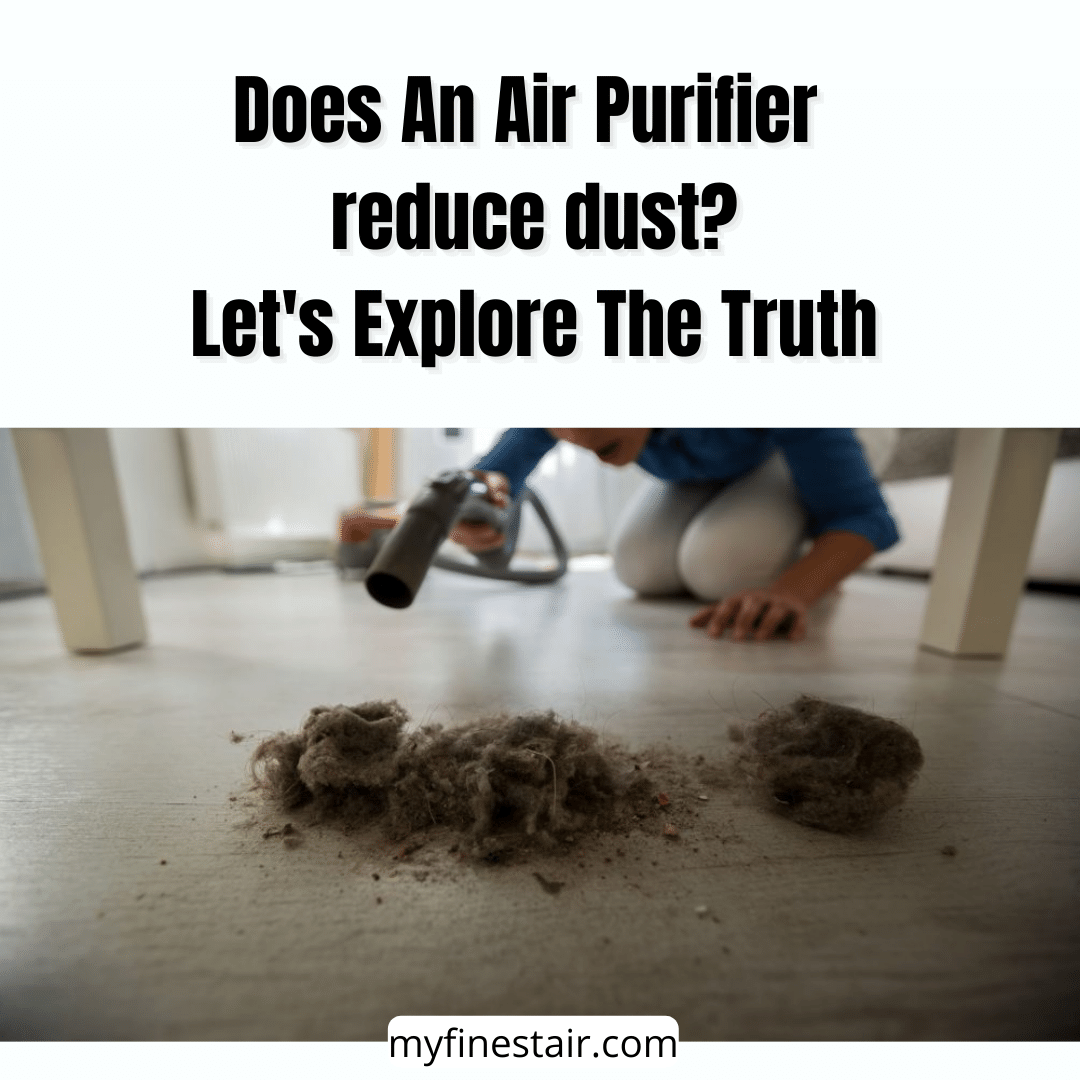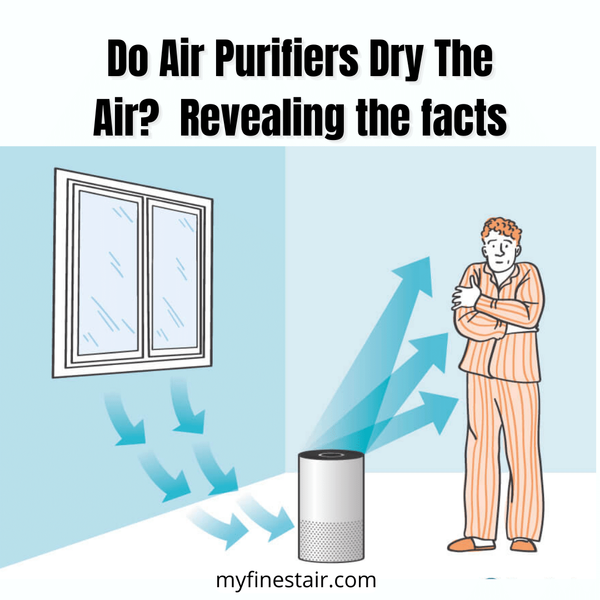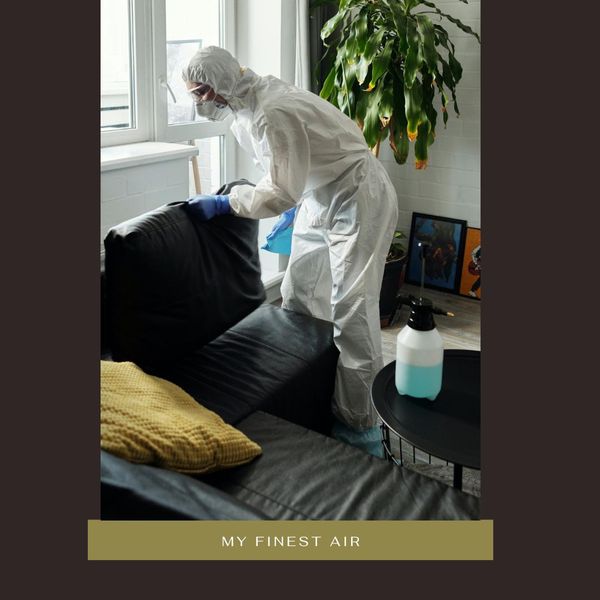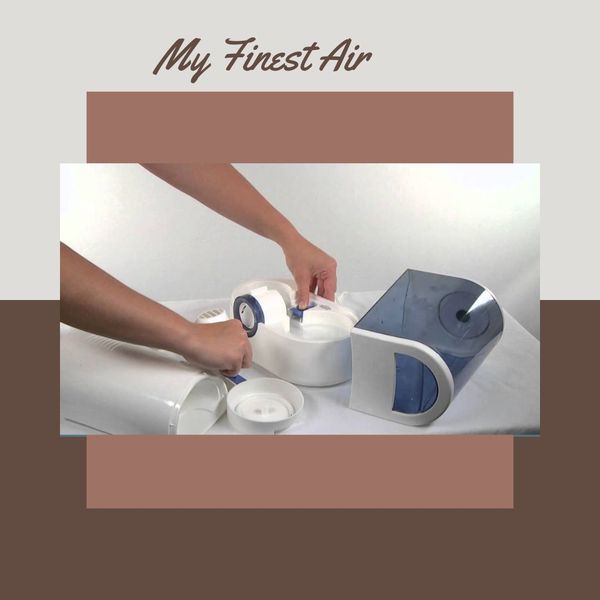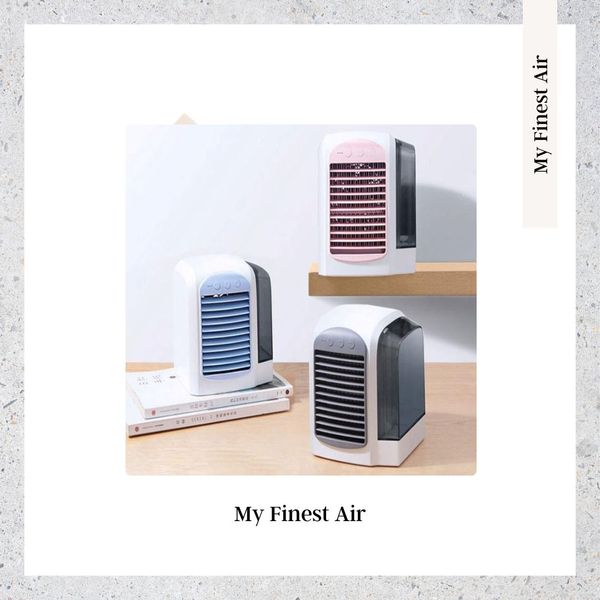There are many ways to reduce dust in your indoor environment. One of the most effective ways to do this is to run an air purifier. An air purifier unit is primarily designed to clean the air and maintain your indoor environment. An air purifier is an inexpensive solution to fighting dust, bacteria, and smoke in your home twice.
Read more about the finest air at My Finest Air.
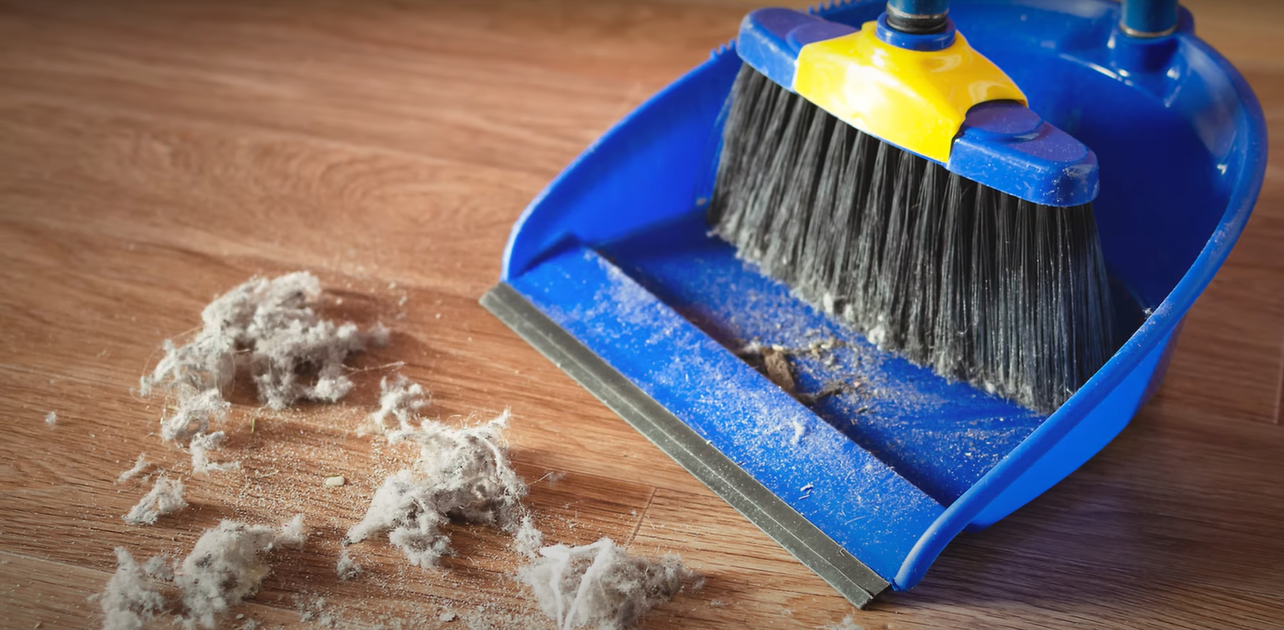
In this article, you will learn how the best air purifiers help reduce household dust and how effective they are, specifically, how to choose the best air purifier for your home. So let's continue reading with us to know the truth about it.
How Can An Air Purifier Helps To Reduce Dust
Most air purifier units contain a single filter, but some come with multiple filters. The unit uses a fan that sucks in air and then circulates it around your room. As the air passes through the filter, all airborne contaminants and particles are captured, and clean air is pushed back into the living space.

Filters are usually made of fiber, paper, or mesh. Air purifier unit filters must be changed regularly to maximize the unit's efficiency.
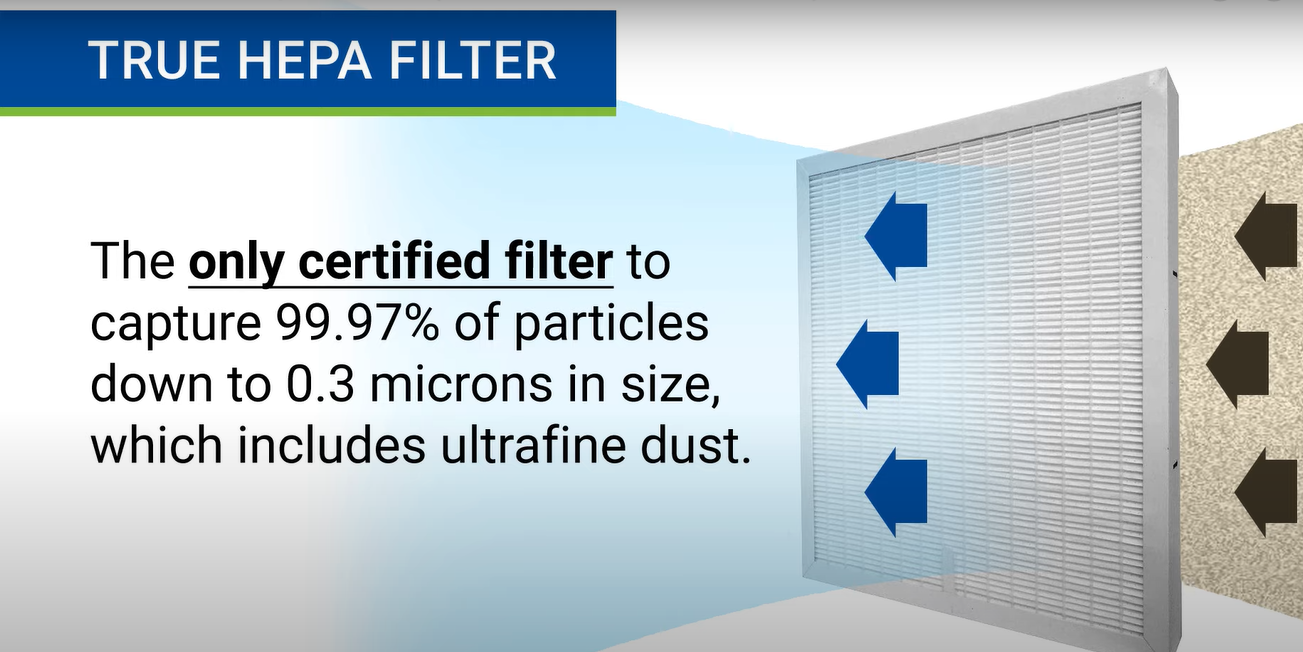
Another question that might come to your head is how often you should change the filters. Then the answer is that the filters' life depends on the unit type and its use. Some units have washable and reusable filters but require daily maintenance and are generally not as effective cleaners.
But reusable filters are good enough to remove larger particles from the air, such as dust and pet dander. To remove biological impurities like mold and bacteria, you need to use ultraviolet filters, which are easily available on the market.
How Can You Choose The Best Air Purifier For Your Home?
If you follow these steps, you can easily choose the best air purifier for your home:
Explore The Location
Choosing the best air purifier for your home is all about knowing where you want to place the unit because if you don't choose the right unit for the size of the space, it will reduce the unit's overall efficiency. You will need to measure the exact size of the space where you want to install the unit then you can choose one based on the size of the space.
Find An Air Purifier That Is Best For Filtering Specific Pollutants
Always choose an air purifier that is good at filtering specific pollutants and also best for health needs because your home environment is full of airborne particles and pollutants; an Air Purifier includes dust, pollen, cigarette smoke, etc.
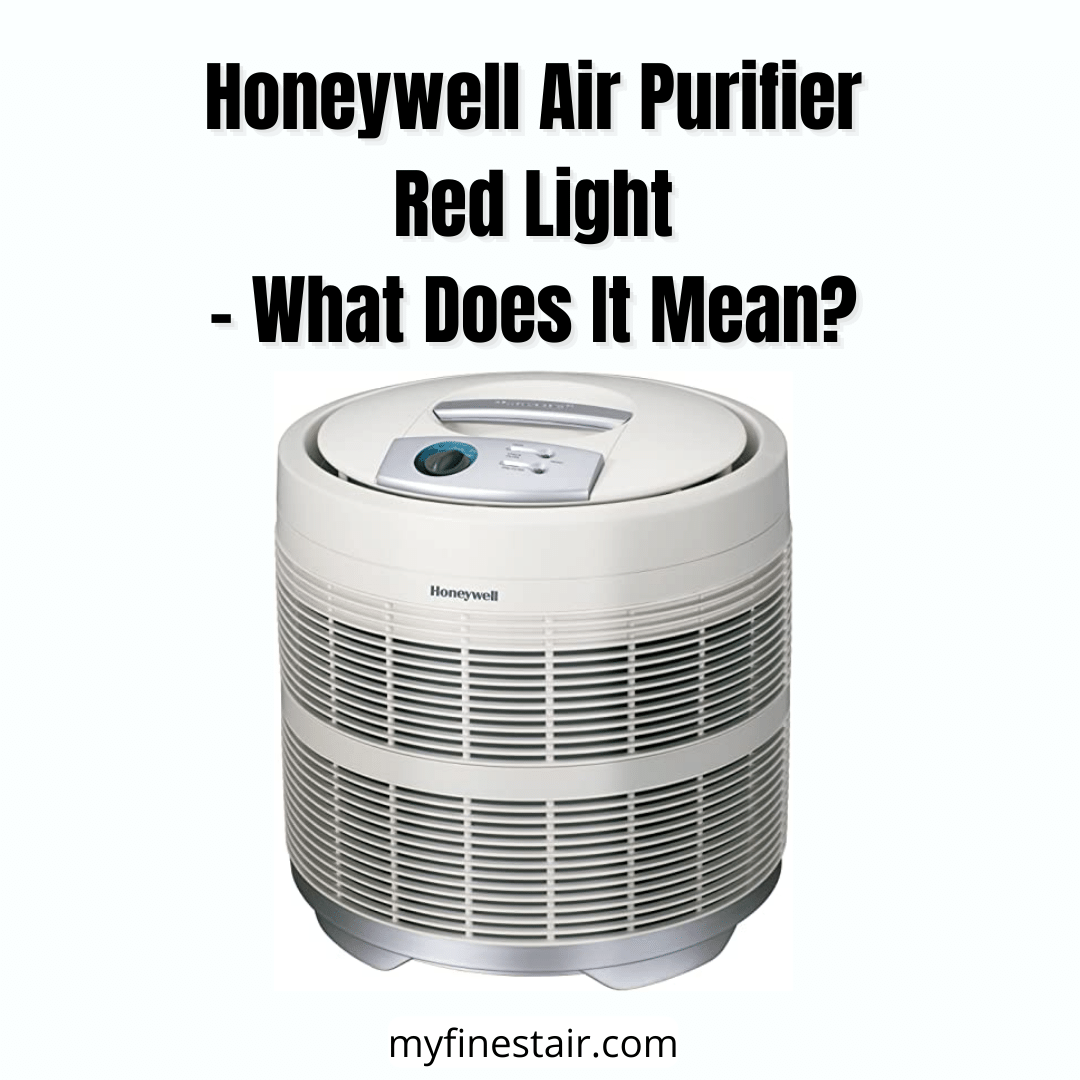
Check out the best units that completely filter out these pollutants to maintain your indoor air quality. Also, it will be very beneficial for the health of you and your family members as it can completely clean the air you breathe.
Always Compare CADR Ratings
Always compare the CARD rating of different units before choosing one because the CARD rating shows how quickly the air purifier can filter the air. Therefore, the faster the filtering process, the easier you will have great quality air.
Choose A Unit That Has A HEPA Filter
Always choose a unit with HEPA filters, as these filters are the most popular for filtering air pollutants. They are much faster and have a longer life span than other filters on the market.
Look at noise levels.
Always check the unit's noise level as you want a quiet device for your room. Generally, it depends on where you are going to install the unit. The higher the unit, the more peaceful your indoor environment will be.
Frequently Asked Questions
Can a cleaner reduce dust in your home?
According to the Environmental Protection Agency (EPA), air purifiers with HEPA filters are the best for filtering dust from your indoor air. HEPA filters are the most efficient particulate air filters and can remove 99.7% of dust particles as small as 3 microns.
How can you improve your indoor air quality without using any chemicals?
Here are some tips to improve the air quality inside your home:
- Open your windows.
- Enhance your decor with houseplants.
- Choose an essential oil diffuser.
- Choose candles.
- Take off your shoes
- Groom your pets.
- Turn on the AC.
- Clean with non-toxic chemicals.
Which air purifier is best for airborne allergies like pet hair and dust?
If you are a person who often suffers from asthma and allergies, you should choose an air purifier with HEPA filters, as these units can help you avoid these problems. These units are based on technologies like PECO, which traps and destroys allergens.
Are air purifiers good for COVID-19?
According to the Environmental Protection Agency (EPA), using an air purifier can help maintain indoor air quality by reducing airborne contaminants, including viruses and other small particles.
However, an air purifier is not enough to protect you from COVID-19. Some manufacturers, such as Blueair and Molekule, have tested their units against COVID-19 with positive results. But still, air purifiers need a big advance against epidemics.
Final Words
To summarise the entire discussion, we can conclude that the main function of an air purifier is to purify the air by removing several pollutants. So you can maintain the quality of the indoor air you breathe. However, air purifiers still cannot protect you from CoVID-19.
Some manufacturers have tested their units against Covid-19 with positive results, but air purifiers need further development in their methods to fight the dangerous virus. We advise you to choose an air purifier with HEPA filters as it is the best option for removing particles as small as 0.3 microns in diameter from your living space.


